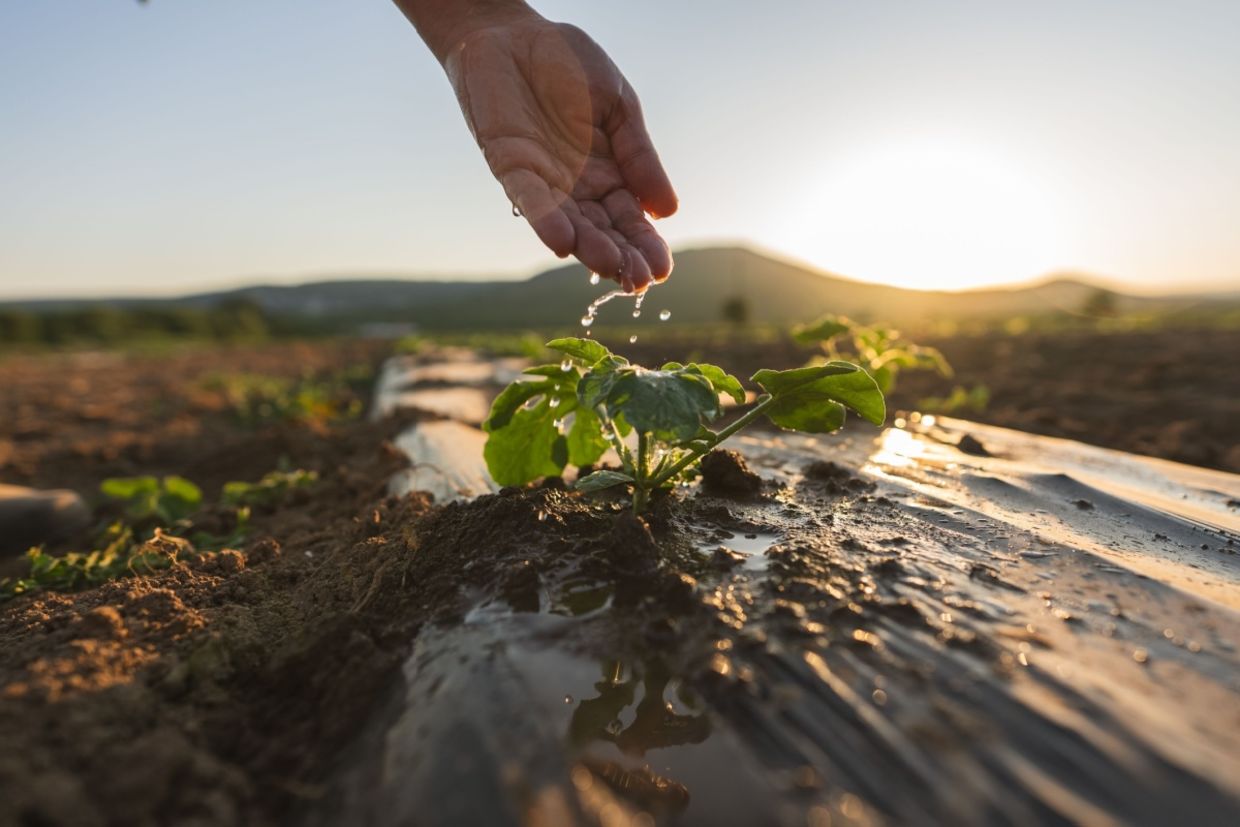
(Glebzter / Shutterstock.com)
When it comes to farming, the feeling of connection to the earth and the rewarding work of planting seeds that will grow into something life-giving creates a special joy. Agriculture combines age-old traditions with nurturing the land and feeding communities around the globe.
There is a tendency to think of agriculture as a romantic pursuit, bringing people back to nature. However, in reality, efficient and healthy agricultural practices rely on a lot of innovative technology and data. Farmers need information from the field, literally, in order to keep their crops thriving.
This is where VTT, a Finnish technical research center, comes in. The center has created a solar-powered battery cell that can power agricultural sensors and then biodegrade into the soil, according to Good News from Finland.
The Size of a Credit Card
According to a VTT press release, the device was developed by an international team from six different scientific institutions, with the cell about the size of a credit card. Its light design is also built to ensure that it can be attached to the stem of a plant. Most importantly, the cell simply decomposes within a matter of weeks or months.
“When a solar cell is used in an agricultural application, biodegradability is essential. In this case, there is no real harm caused if the cell cannot be removed from the field, even if it is in close contact with the soil. And, there are no harmful substances to leach into the environment or exacerbate the microplastics problem,” Maria Smolander, a team research leader at VTT, said in the press release.
A Myriad of Advantages
The solar cells can be extremely helpful to farmers in the European Union (EU), where regulations require them to regularly monitor the nutrient loads in their soil. But it is not only EU agriculture that benefits from these tiny power cells.
The cells can provide a myriad of advantages to farmers everywhere. For instance, they allow for more precise data collection, which may make it possible to intervene earlier and stop a problem before it really starts. They support environmental sustainability by being degradable. Likewise, they can help increase agricultural yields. The better the data a farmer has, the more easily they can adjust various factors leading to greater productivity.
Though technology often seems to be changing faster than ever, it can also spark positive change. VTT’s solar cells use innovative technology that has the potential to improve how farmers work, and contribute to a world that is more sustainable, healthier, and better fed.
YOU MIGHT ALSO LIKE:
Pioneering Israeli Technology Uses AI to Determine When Tomatoes are Ripe
Plants That Listen to Music Grow Better
How Israel’s Water Tech Leads by Example in a Thirsty World







